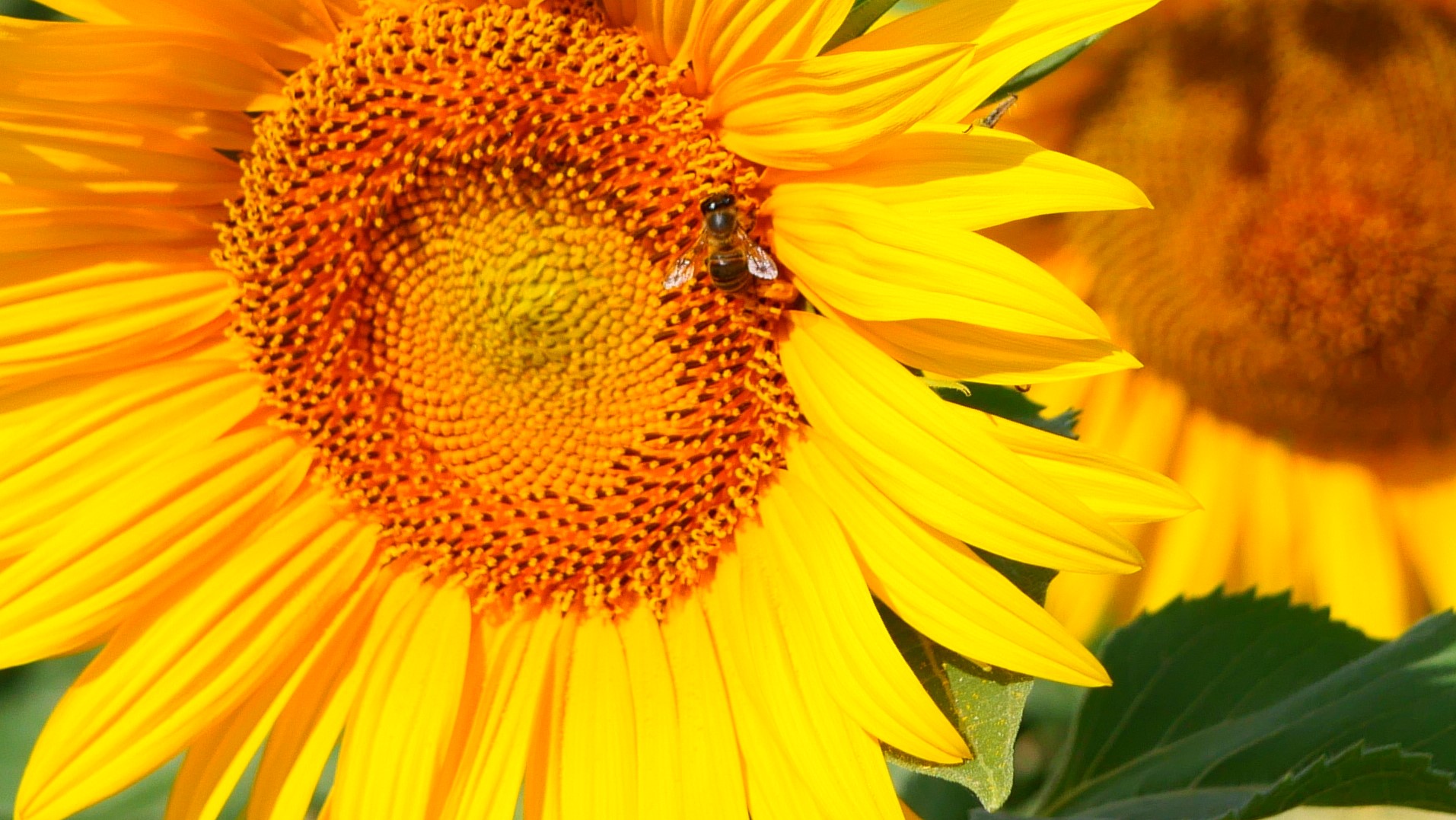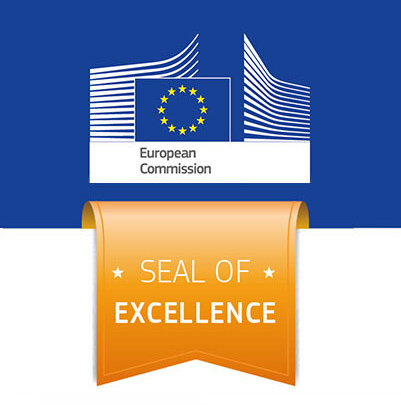Therefore, today is an important date to reflect on the role played by bees and other pollinators in our agriculture and, at the same time, to undertake all kinds of actions aimed at protecting them and their habitats.

At Ficosterra we are well aware that more than 75% of the world’s food crops depend to some extent on pollination. However, we also know that the bee population has declined significantly, due, among other things, to the misuse and abuse of chemical products on crops, the presence of invasive exotic species, diseases, pests or climate change.
These factors are sufficient reasons to justify the threat to the habitat, health and growth of this species, which is extremely necessary to maintain the agricultural ecosystem.
Why are bees so important to the agricultural ecosystem?
Agriculture is the first and true beneficiary of bee activity. Their contribution in economic terms is really significant, so much so that the direct income from beekeeping (honey, wax, pollen and other products) takes second place.
In Spain, practically all crops are subject to pollination by bees: fruit trees (almond, peach, cherry, plum, apple, pear), forage legumes (alfalfa, clover), cucurbits (melons, cucumbers, pumpkins, zucchini, eggplants), horticultural crops (strawberries, raspberries, asparagus, blackberries, tomatoes), etc. All of them necessarily depend on or at least are favored by the pollinating action of bees.

That is why today we can safely say that bees play an essential role in agricultural production. The benefit derived from their work is felt by the whole community, as a reciprocal link is established between bees, environment, agriculture and human beings, which must necessarily be protected.
A problem and a solution
In Ficosterra we are very aware of this reality and that is why we work every day to offer new solutions to agriculture, 100% ecological, sustainable and environmentally friendly that contribute to reduce the damages caused by the abusive use of chemical products.
The biostimulants and biofertilizers made from seaweed extracts and microorganisms that we manufacture in our production plants in Spain and Mexico are economical products that are easy for the farmer to use and help reduce the use of agrochemicals without reducing productivity or crop quality.
These are innovative solutions that contribute to respecting the environment and also reducing phosphorus and nitrogen pollution that reaches rivers, seas and oceans, which is also of great importance. This is a reality that we live with without being aware of the consequences it entails.
Sustainable Development Goal 14 (SDG 14) – Life Under Water

The use and abuse of mineral fertilizers on crops also generates problems of marine pollution: a type of pollution that is not visible to the naked eye but that exists worldwide.
Phosphorus and nitrogen that is not used by plants leaches (runoff) into aquifers and rivers and is deposited in the sea, causing serious pollution problems (eutrophication). This type of pollution also has negative consequences for the marine environment.
This goal is part of the 17 global goals set in 2015 by the member states of the United Nations to eradicate poverty, protect the planet and ensure global prosperity, under the prism of sustainability and environmental conservation.
UNDP and the Ocean Innovation Challenge (OIC)
 To achieve each of these goals, tools such as innovation, new technologies and financing solutions are needed. The UNDP OIC is a new mechanism specifically designed to accelerate progress on SDG 14 by identifying, financing, advising and supporting innovative, replicable and scalable projects that enable the restoration and protection of oceans and coasts to protect and boost the “Blue Economy”.
To achieve each of these goals, tools such as innovation, new technologies and financing solutions are needed. The UNDP OIC is a new mechanism specifically designed to accelerate progress on SDG 14 by identifying, financing, advising and supporting innovative, replicable and scalable projects that enable the restoration and protection of oceans and coasts to protect and boost the “Blue Economy”.
We have already seen above how the use of biostimulants and biofertilizers from seaweed extracts and microorganisms manufactured by Ficosterra in a sustainable way, allows a significant reduction in the use of agrochemicals without reducing crop productivity.
Among the more than 600 projects received by the OIC worldwide, nine innovative proposals were selected to receive support from UNDP and its partners SIDA and NORAD. Ficosterra’s “Nutrialgae” project was one of them.
Ficosterra’s challenge
The challenge that ficosterra will face in the upcoming months is to demonstrate that the use of the biostimulants ficosagro ® (microbial complex with seaweed extracts) and cystium-k ® (pure Macrocystis pyrifera seaweed extract), are able to significantly reduce the use of mineral fertilizers, with a consequent reduction in the amount of nitrogen and phosphorus that leaches into the seas, while increasing crop productivity by 6 to 15%.
What cannot be measured, cannot be improved
The trials (laboratory and field) will start in June 2021 and will be led by a multidisciplinary team of agricultural engineers and biologists from Ficosterra and the Moroccan and Mexican research centers.
The laboratory will measure the leachate generated in untreated pots and those treated with biostimulants, in addition to measuring other parameters such as plant productivity, vigor and health.
Field trials will also provide information on the latter parameters, but Ficosterra also intends to bring its results closer to the farmer’s daily life.
In this way, at Ficosterra we want to contribute to avoid marine pollution, while at the same time reducing pollution in the agricultural ecosystem, as we help to give a more relevant and risk-free role to the laborious work of pollination carried out by bees.
Welcome to 21st century agriculture. Welcome to Ficosterra

Comparative images of what is achievable in greenhouse crops in Almeria (in this case Chester Melon). With only two applications of our #biostimulants of seaweed extracts and microorganisms #ficosagro® and #cystiumk® , we can already see clear differences in development. We have made it extra hard for the bees that will be pollinating the fruit set of the treated area over the next few days!









